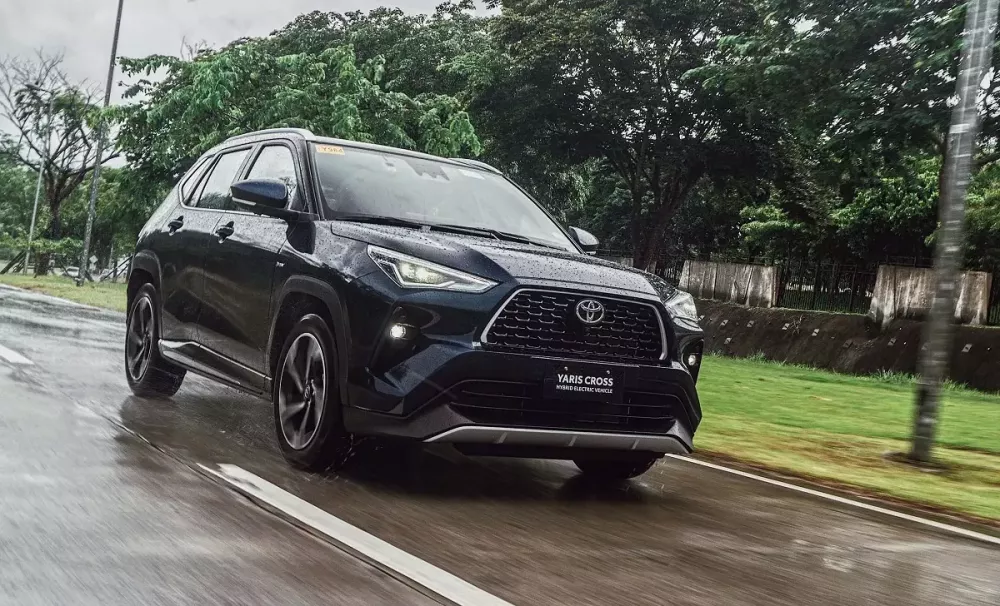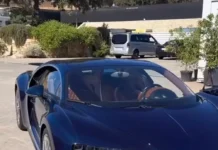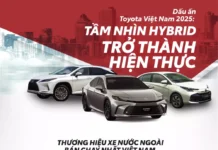In the wake of Daihatsu’s safety certification scandal that rocked the automotive industry and made headlines in 2023, the Toyota group has effected a restructuring plan in the wake of its subsidiary’s misconduct.
On April 8, 2024, Daihatsu announced that its parent company Toyota will assume responsibility for development and certification of small vehicles in emerging markets including Southeast Asia, while Toyota will entrust the actual development work to Daihatsu.

Toyota to Develop Small Cars for Southeast Asia, Replacing Daihatsu
In an effort to restore trust, Daihatsu will alleviate excessive burdens on workers and place greater emphasis on product safety. Previously, the increasing number of models and export markets had placed strain on workers, leading to the falsification of tests.
Under the new system, Toyota will strengthen oversight at each stage of the production process up to certification. This will be applied initially to models undergoing a model change. Meanwhile, Daihatsu will take charge of developing minivehicles, known as kei cars, in Japan.
The move follows the appointment of a new Toyota president who took the helm at Daihatsu a little over a month ago, inheriting the task of restoring the minivehicle maker to growth. The automaker has also disbanded Emerging-Market Compact Car Company (ECC), which until now served as an intermediary between Toyota and Daihatsu.
President Masahiro Inoue said that Toyota will also handle management and resource optimization related to Daihatsu’s business and product planning. According to Inoue, Daihatsu aims to pursue the challenge of launching a pure electric kei car with a smaller body and a lower output than regular cars. However, Daihatsu has yet to announce a timeframe for the vehicle’s debut.
Toyota’s domestic sales plunged by a third in February 2024 due to a suspension of Daihatsu production and reputational damage in the wake of its safety certification scandal. The world’s best-selling automaker in 2023 has also grappled with separate governance issues at truck maker Hino Motors and group company Toyota Industries.
Scandals at the three companies prompted Toyota President Akio Toyoda to issue a rare apology in January 2024. Daihatsu accounted for about 4% of the Toyota group’s total sales of 1.6 million vehicles in the first two months of the year, including Lexus and Hino Motors, down from about 3% for the full year of 2023.













































